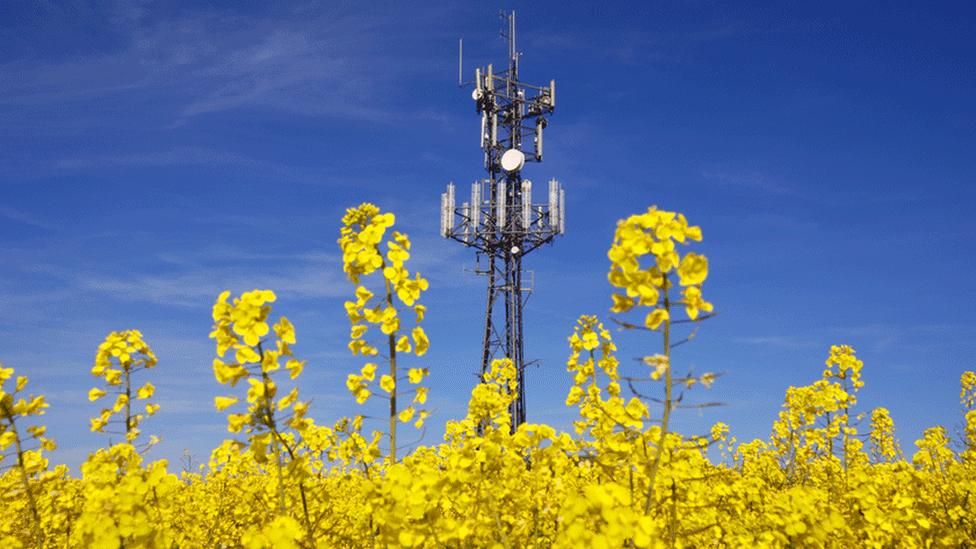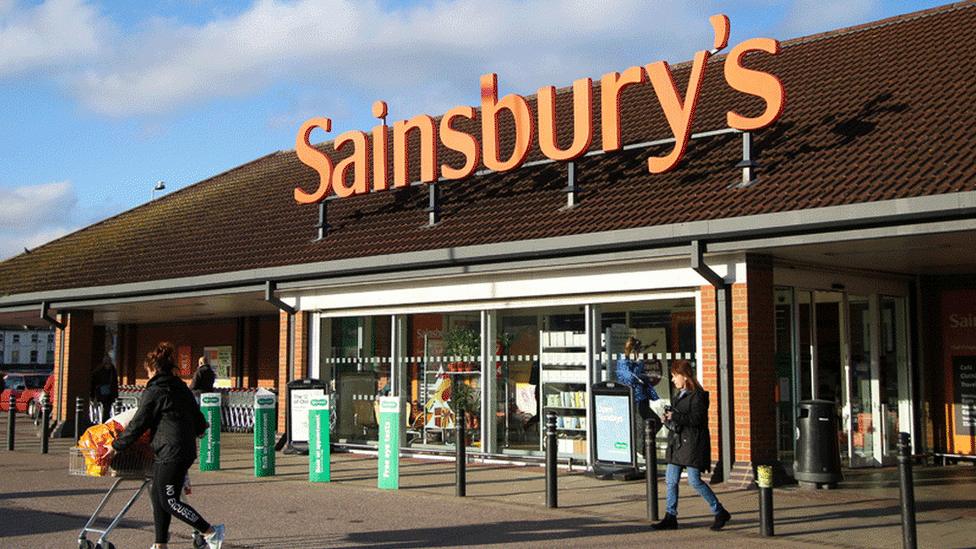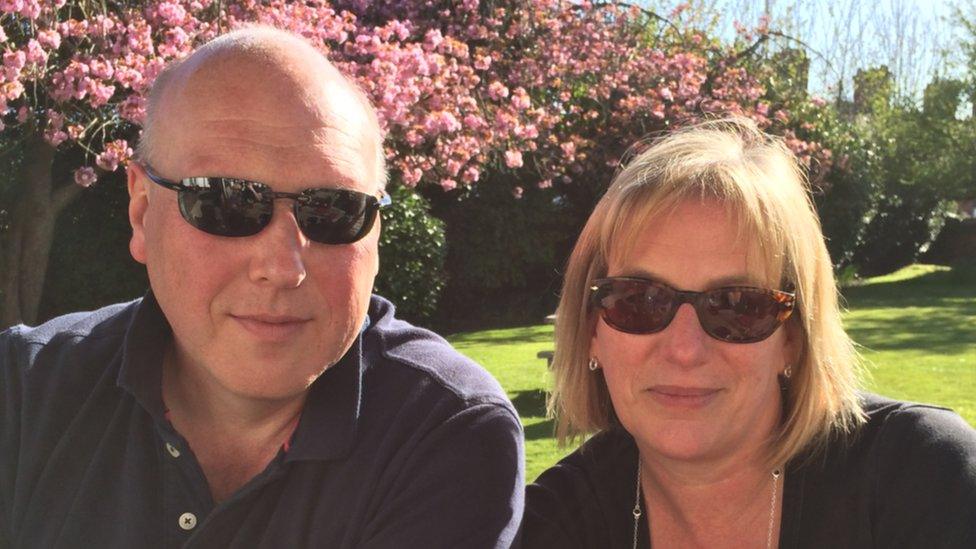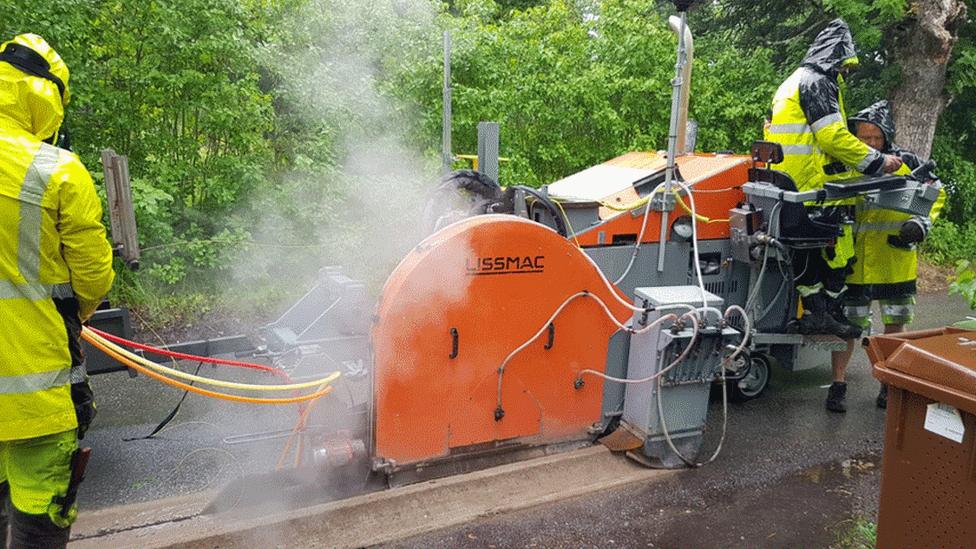Mobile operators clash on 'notspots' costs
- Published
- comments

The mobile operators will meet on Wednesday to try to agree on sharing the costs of masts and other equipment
An agreement to share network equipment in order to improve phone coverage in rural areas has hit a stumbling block over costs.
Rival operators are unhappy at the price BT-owned EE is asking them to pay to share its equipment.
O2's chief said the fees being sought by its rival "may undermine the viability of the project".
BT said the costs were based, external on the value of the masts and other investments it had made over the years.
A key meeting is due to take place on Wednesday to hammer out the details, the BBC has learned.
No signal
The £1bn Shared Rural Network (SRN) agreement was announced in October and aims to get the mobile operators working together to extend the geographic coverage of 4G to 95% of the UK by 2025.
Many rural areas have only patchy service, and some have none at all.
The government is contributing £500m towards the costs, with the other half of the bill being footed by the mobile operators.
The Conservatives want the deal done as soon as possible - ideally in time for the Budget on 11 March - and has threatened to intervene if the operators cannot reach agreement.
The BBC understands that if the mobile operators do fail to agree, the government will consider other ways of achieving its 95% coverage goal.
It will, said one industry insider, make delays to improving rural mobile coverage inevitable.
Supermarket sweep?

Would a supermarket agree to share its shelves with rivals, asked BT's chief executive
The Financial Times reported that BT wants to include 320 yet-to-be-built masts in the agreement and to charge 250% more than the existing commercial rate for rivals to access them.
One insider told the BBC it would be cheaper for operators to build their own masts.
BT has not revealed the commercial agreements it is hoping to sign with other operators but it is believed it will offer rivals a cheaper rate for masts on its emergency service network, which was partially funded by the government. There are several hundreds of these in rural locations.
Previously BT's chief executive Marc Allera has said the costs of sharing equipment needed to reflect the fact that EE has 4G coverage in "significantly more places than any other network".
"Finding an analogy here is tricky because this is complex, but I sometimes think of it like Sainsbury's building a new superstore in a rural area and being made to give away shelf space to Tesco, Lidl and Asda," he said in , externala blog.
Of the meeting this week BT told the BBC that it was "ready to go".
"We've proposed a far simpler and more pragmatic way for SRN to succeed, plus a way to reduce any taxpayer money by also including new sites that are being built by us in the future.
"It's now down to the industry to finalise the deal to get it done."
All the operators said they were committed to getting an agreement.
In a blog, O2 chief executive Mark Evans said, external: "The SRN requires all four mobile network operators to deliver additional investment and an unprecedented level of infrastructure-sharing; it requires the government to deliver planning policy reform and a modest level of funding."
Dave Dyson, chief executive of Three, said: "Enhancing mobile connectivity for the 9.3 million living in the UK's countryside requires a joined-up approach between the industry and government.
"A Shared Rural Network is the best way to do that, bringing mobile coverage to more places in the UK and giving people in rural areas a similar choice to those living in towns and cities."
And Vodafone told the BBC: "We remain committed to the Shared Rural Network scheme and are working towards reaching a final agreement."
- Published25 October 2019

- Published27 January 2020
